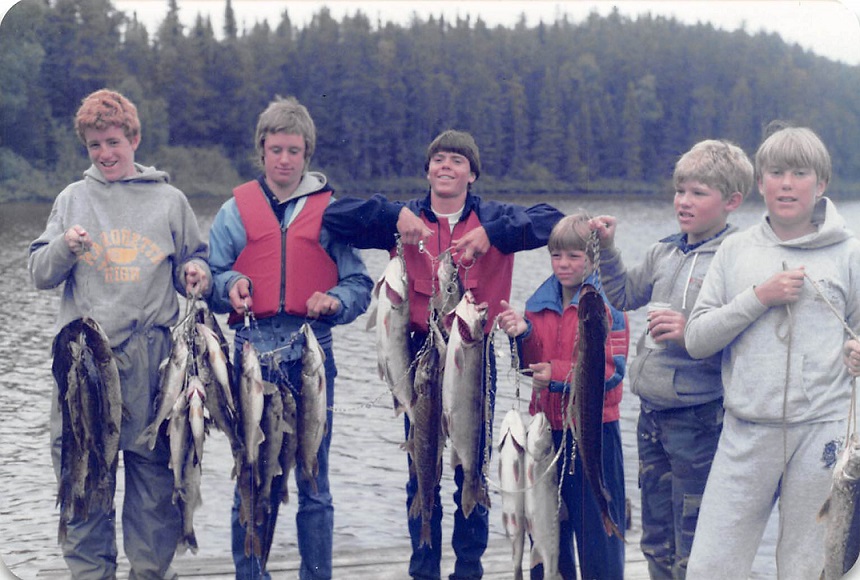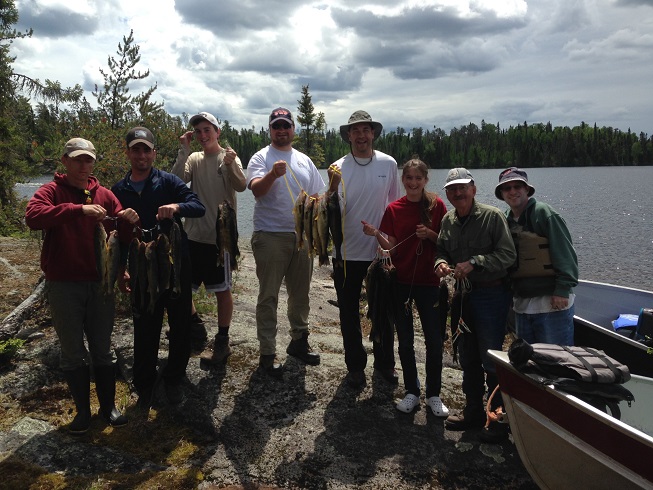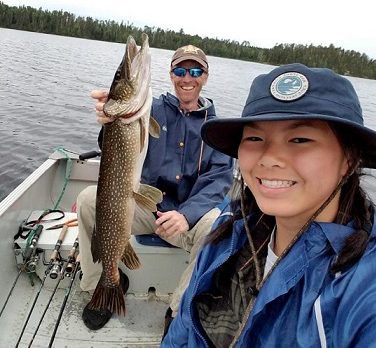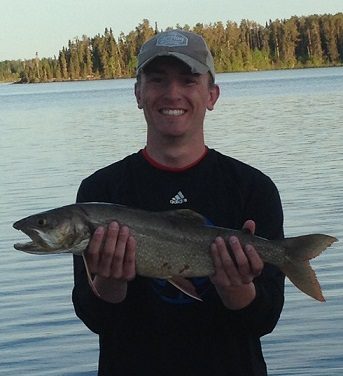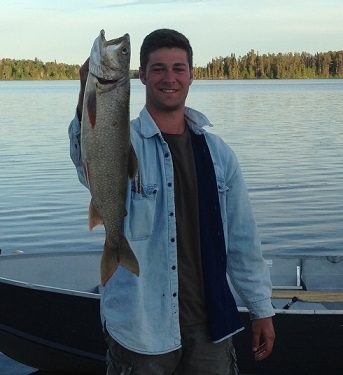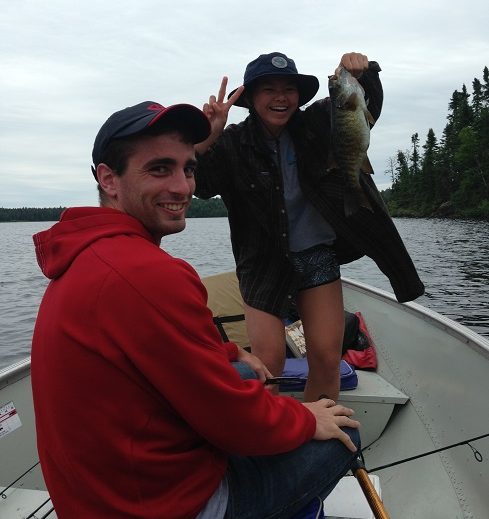Fishing for Investment Returns
Having just returned from our annual Canadian fishing trip and having spent lots of time sitting in the boat doing nothing, my mind had free range to roam. Most men would be thinking about the big one that lies beneath, but my mind is wired a little differently. I couldn’t help but to ponder the correlation between fishing and investing. Let’s take a look.
As someone who loves to plan, I spend a bunch of time in advance of the trip preparing all of my gear, looking for the latest and greatest fishing lures, re-stringing fishing lines, and fantasizing about ‘the big one’ that will magically land in my net. Building an investment portfolio is a similar process. We spend lots of time reviewing all available ETFs and mutual funds, analyze risk and returns of various funds, look for low cost management fees, and fantasize about the great returns we’ll achieve with no risk.
As we step into the boat on that first day of fishing, we almost feel sorry for the fish, as they don’t stand a chance against our great skill and preparation. That feeling wanes a bit after a few hours of fishing where the fish aren’t actually jumping in our boat. Beginning an investment plan has similarities. We are confident in our research and preparation and feel the returns will come quickly and easily. After a few months of seeing our portfolio move modestly up and down, the excitement and euphoria of being a new investor starts to wane.
Weather can have a major impact on fish’s willingness and interest in feeding, and therefore our ability to catch them. If a cold front rolls in, the fish bites can literally turn off. The investment markets can change quickly as well. A strong stock market fueled by a good economy and robust corporate earnings can shut down over night. Efforts from corporate executives, the Federal Reserve, or even politicians can’t always force the markets higher in these situations.
Enduring a lengthy day in a boat where nothing is biting can challenge the faith and enthusiasm of even the most experienced fisherman. In these instances, a fisherman will rummage through his tackle box and begin trying lures that have either never been used or haven’t seen the light of day in decades. Each of these new (or old) lures won’t be used for very many casts if they don’t immediately produce results. The fisherman ends up spending more time changing lures and less time fishing, the obvious result of a lower probability of catching fish when the line isn’t in the water. Bear markets have the same impact on investors. People lose faith when their accounts are going down, and rather than stay true to a proven investment philosophy, it’s tempting to change strategies, buy new (or old) securities, and possibly even sell investments and move money to cash until the markets begin recovering. The strategy of changing strategies is almost always the wrong decision. We know if you go to cash, you won’t be invested in the markets when they finally begin recovering.
But then magically and unexpectedly, the fish begin to bite. You think the first fish was a fluke until you have another one on the line on the next cast, and then another, then another, then another. After a few hours, you realize the worst fishing you have experienced has turned into the best fishing of your life. Investment returns can come unexpectedly and all at once. It’s not uncommon for markets to move 5-10% in a given month or quarter. At the depths of a bear market, you may not think recent positive returns will last, until they keep coming and coming. After a few months of great returns, you concede that the bear market is over and you’ve actually experienced a strong recovery.
Lessons in Patience
Having fished most of my life, I have learned there have always been periods of time where we catch nothing, periods of time where we catch something, and small periods of time where we catch a ‘pile of fish.’ The experienced fisherman knows this and works through the slow times, being ever ready for the time when the fishing suddenly improves. The experienced investor has the benefit of knowing that investment returns come in fits and spurts and understands that working through the bear markets is key to participating in the bull markets that follow.
I’ve given up hunting for the trophy fish but instead focus on catching as many fish as possible. If my line is in the water long enough, I’ll eventually go home happy. As an investor, we focus on achieving consistent returns with our disciplined process, rather than trying to chase hot investments and produce big returns. If we stay disciplined, a lifetime of big returns, and big fish, will land in our net.


